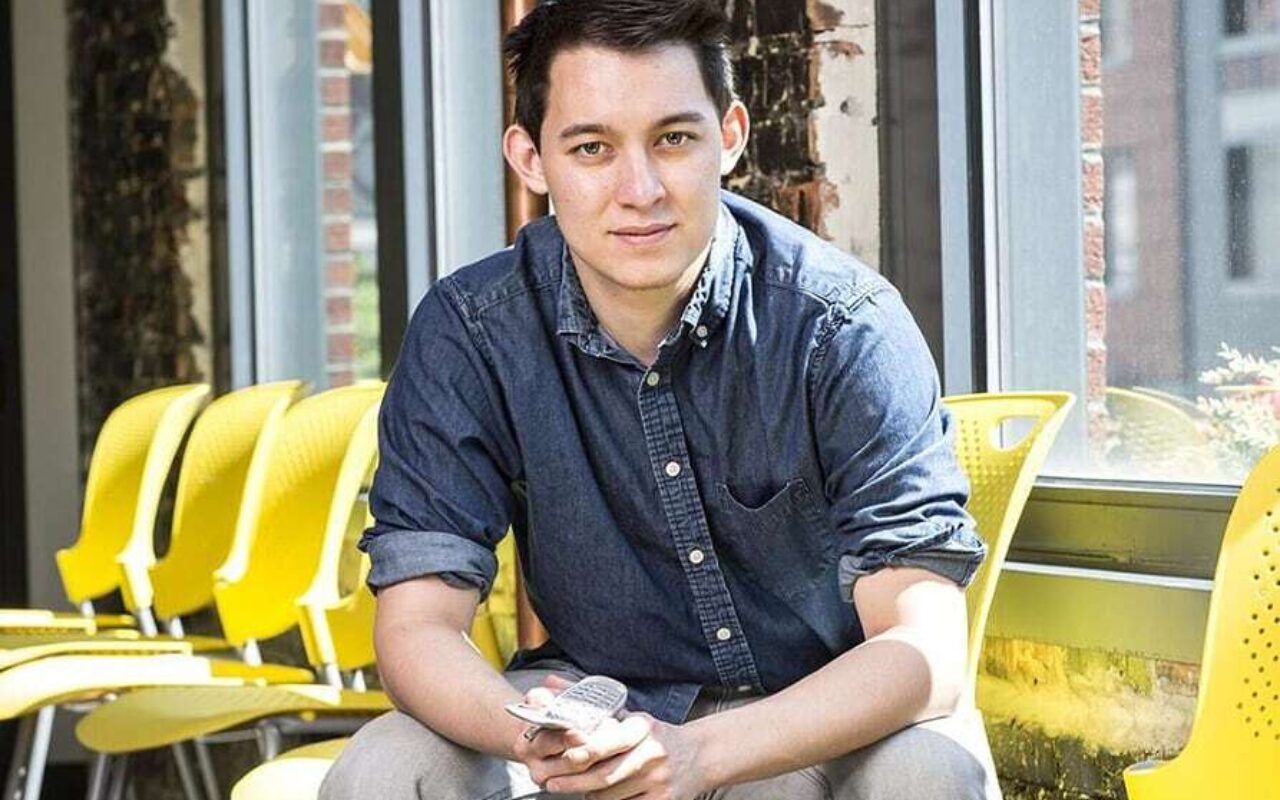Kenya’s Wasoko Relocates to Zanzibar to Anchor New Government-led Startup Initiative
Kenyan retail-tech startup Wasoko has relocated to Zanzibar as part of a new initiative by the government to turn the island into a tech hub. Wasoko, which leverages innovative technology to transform the informal retail supply chain, was established in 2016 as Sokowatch. It provides free same-day delivery of essential goods and financing to informal retail stores across Africa. The platform enables retailers to order products at any time via SMS or mobile app and receive delivery through its proprietary logistics network to their store.
The startup has delivered over 2.5 million orders to over 50,000 informal retailers across Kenya, Tanzania, Rwanda, Uganda, Ivory Coast, and Senegal, and in March banked a US$125 million Series B round for further expansion.

One of its first moves, however, is to relocate its headquarters from Nairobi to Zanzibar, with the official launch of the Wasoko Innovation Hub in partnership with the Zanzibar government. Located in Fumba Town, Zanzibar, the new hub will focus on building solutions to drive Africa’s e-commerce industry.
Read also : Nigerian Fintech Startup Vella to Boost Borderless Money Transfers
The Wasoko Innovation Hub is the first private-public partnership between an African tech startup and the Zanzibar government for Silicon Zanzibar, a new government initiative to attract and relocate tech companies from across Africa to the island. As part of the launch, Wasoko becomes Silicon Zanzibar’s first anchor company and official private sector ambassador.
In addition to strengthening Wasoko’s operational efficiency, the new hub will specialise in developing tools to personalise customer experiences, improve delivery metrics, expand financial services’ options and collect key data and insights from across the value chain. Over the next 10 years, it is expected to secure over US$15 million worth of investment, providing hundreds of Zanzibaris with a wealth of employment and career opportunities.
“As a pan-African tech company, Wasoko has been looking for a location where we can bring together the best talent from across the continent and beyond to innovate and develop new products and services for our customers. While we considered more traditional centres such as Dubai and London, we were ultimately committed to the belief that technology for Africa should be built in Africa,” said Daniel Yu, CEO and founder at Wasoko, who will himself relocate to Zanzibar.
Read also : Nigerian B2B Payment Platform Duplo Raises $4.3M In Seed Capital
“Through our new partnership, we’re proud to be working alongside a government which is heavily invested in supporting this mission and are honoured to be a founding partner for Silicon Zanzibar. We strongly believe Wasoko will be the first in a long line of tech companies to establish a presence on the island.”
The Wasoko Innovation Hub will be part of Fumba Town’s current redevelopment scheme led by German engineering firm, CPS, which is constructing hundreds of modern residential and commercial units along a 1.5km stretch of ocean shore and is located only 15 minutes south of the Abeid Amani Karume International Airport.
The location will become the main hub for Silicon Zanzibar, which will streamline the issuance of work visas to skilled tech workers from across Africa and beyond to relocate to Zanzibar.
Mudrick Soraga, Zanzibar minister of investment and economic development, said tech companies will no longer need to open offices and move their people to Dubai or London to manage their operations in Africa.
Read also : Nigerians Fintech Company, PalmPay Makes Big User Milestone
“We are providing an open and enabling environment for all tech companies and their team members to be based in Zanzibar – one of the world’s most attractive destinations – allowing everyone building tech for Africa to be based in Africa. We are excited to officially partner with Wasoko and other tech companies coming to Zanzibar to co-create policies and initiatives that will transform Zanzibar into a leading tech centre for the African continent,” he said.
Kelechi Deca

Kelechi Deca has over two decades of media experience, he has traveled to over 77 countries reporting on multilateral development institutions, international business, trade, travels, culture, and diplomacy. He is also a petrol head with in-depth knowledge of automobiles and the auto industry









